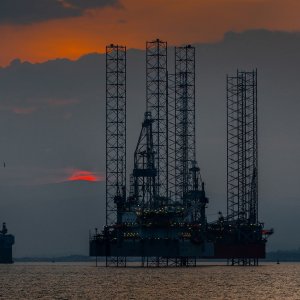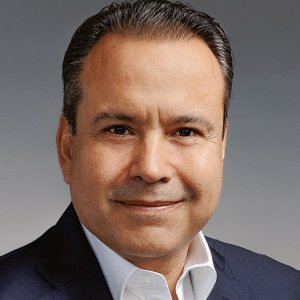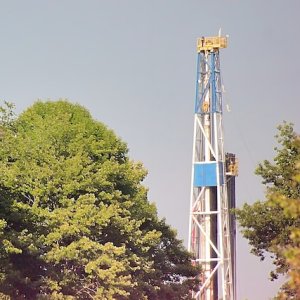
Companies Bide Time on Renewable Projects Amid Uncertainty
 By Cas Biekmann | Journalist and Industry Analyst -
Fri, 09/10/2021 - 10:12
By Cas Biekmann | Journalist and Industry Analyst -
Fri, 09/10/2021 - 10:12
Three years into the López Obrador administration, private clean energy developers are used to the “new reality” in which renewables are no longer the go-to option for the government. This does not mean that the sector has stopped moving, however. Industry insiders say that by focusing on social and environmental benefits as well as new technologies, companies can build a stronger case for the adoption and development of renewable projects.
“We believe that the social aspect of a project is crucial to its viability, with only the financial picture being more important. This is not only for permitting reasons. It allows the company to share the benefits of the project with the communities around it. We would never choose to develop a project that does not leave a positive impact on the surrounding land, climate or society,” says Sofia Perez, Vice President of Strategic Relations at Pardgen.
The uncertainty flowing from López Obrador’s efforts to dismantle the status quo and vest more power into nationally owned companies PEMEX and CFE have greatly impacted private energy developers in the country. “Our power generation is being curtailed and the government is attempting to change the LIE or even the constitution if this fails. More than anything, this introduces uncertainty in regard to what might come,” says Gerardo Pérez, Vice President and Country Manager Mexico at EDF Renewables.
Policy changes backed by a democratically elected government are understandable, should be respected and even expected, say industry insiders. But such changes cannot be at the expense of existing contracts, Juan Carlos Machorro, Partner at Santamarina y Steta, says.
While legal protection through amparos has been a solid tool to protect existing investments against the government’s measures so far, new project development has slowed down to a glacial pace. Developers stress that the certainty needed for large, long-term investments simply is not there. Permitting has stopped almost entirely, too.
In such an environment, companies say they mostly work to keep their prospects alive but not much more. “In light of the regulatory situation in Mexico’s energy sector, our development has gone into slow motion. We are doing the minimum amount of work necessary to ensure that we do not lose the progress that we have already achieved,” Pérez says.
Change in Perspective
Greenfield project development might have come to a standstill but many utility-scale projects already further down the development pipeline continue to move ahead. Spanish solar energy developer X-Elio has obtained the financing required for its Mexico-based 119MW Perote II project, for example. The company’s Xoxocotla solar project is another project further along in its construction changes. Other examples include BAS Corporation’s Mesa de Morenos wind farm and Mitsui and Trina Solar’s Calera power plant, originally planned to become operational in 2020 but now looking to go online in 2021.
Developers are choosing to leverage the social benefits associated with their projects to highlight the advantage of renewables against decarbonization alternatives. Pushing for permits is complicated enough as it is, so developers would do well to ensure they have social backing at the local level and to leave a net-positive environmental footprint if they are to succeed, María Cristina Hernández Calzada, Partner at Vera & Asociados, told MBN. “When developers are not involved in important social and environmental matters, complying with the many prerequisites becomes something of a surprise to them. They need to prepare much more than simply the construction.”
Mexico’s social landscape is notoriously difficult to navigate. Various genetically and culturally differing indigenous communities live across its territory, with their rights to decide over their own territories anchored in the Constitution. The concept of ejidos, areas of communal land that represent about 50 percent of Mexico’s territory, is also crucially important for project developers. Many patches of communal land can overlap within an area eyed for renewable energy development, making negotiations a complicated hurdle to overcome with ejido owners, especially if individuals within these communities disagree on the benefits of such a project.
















